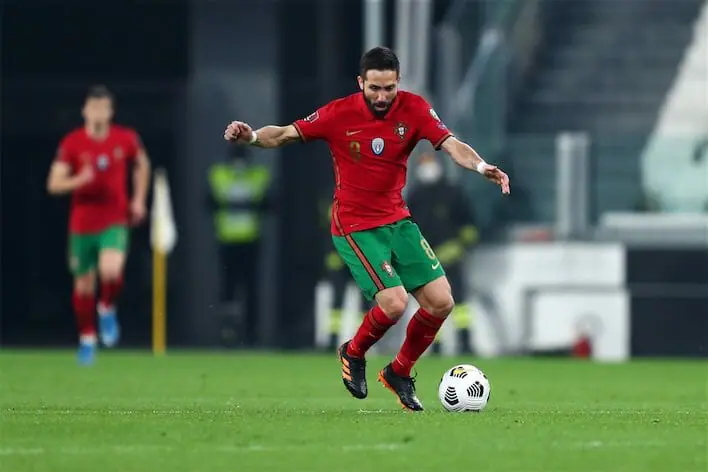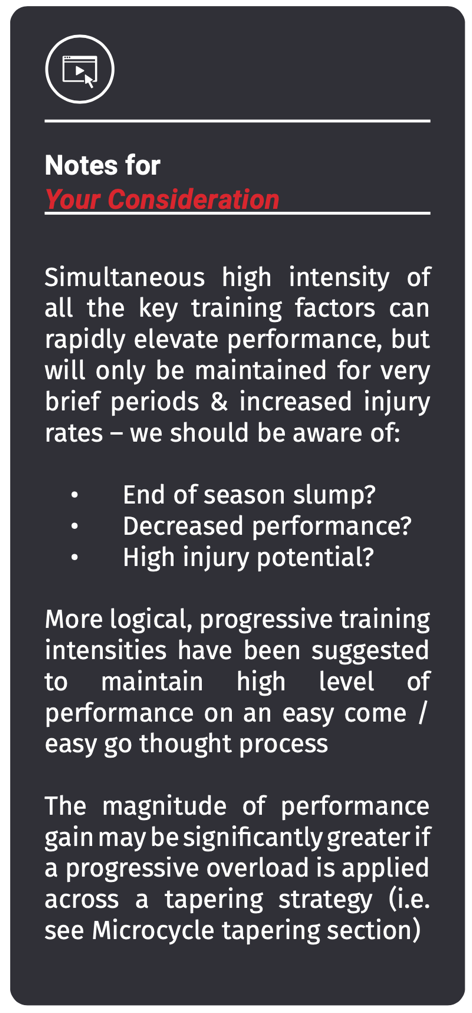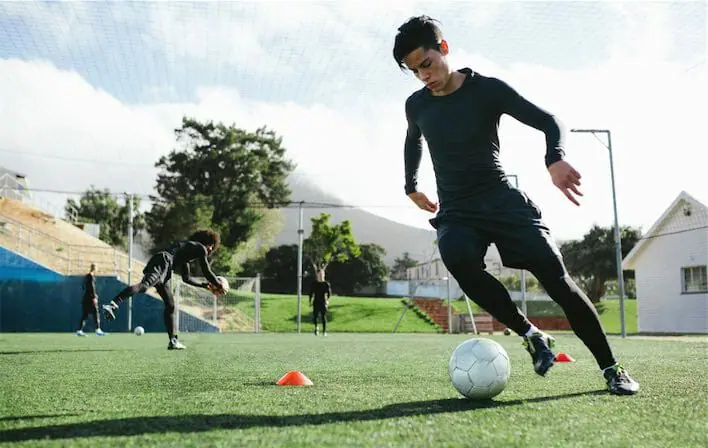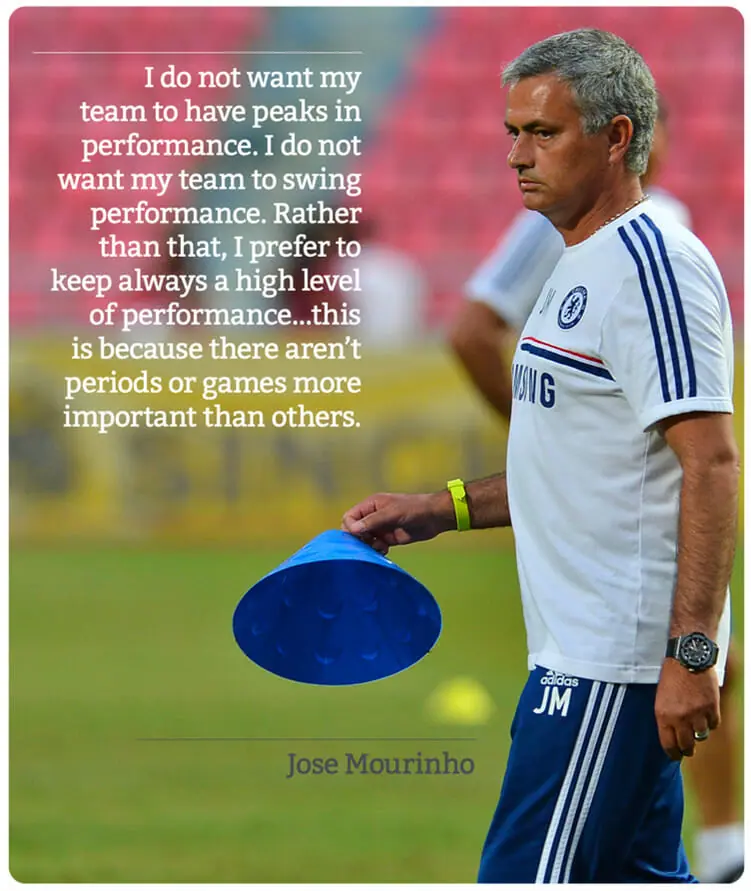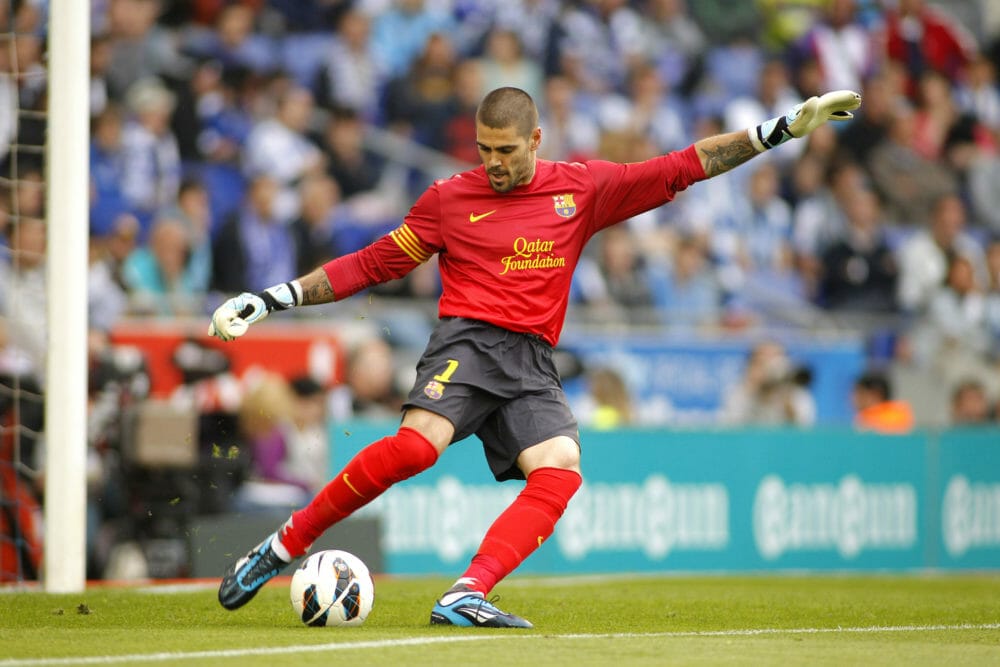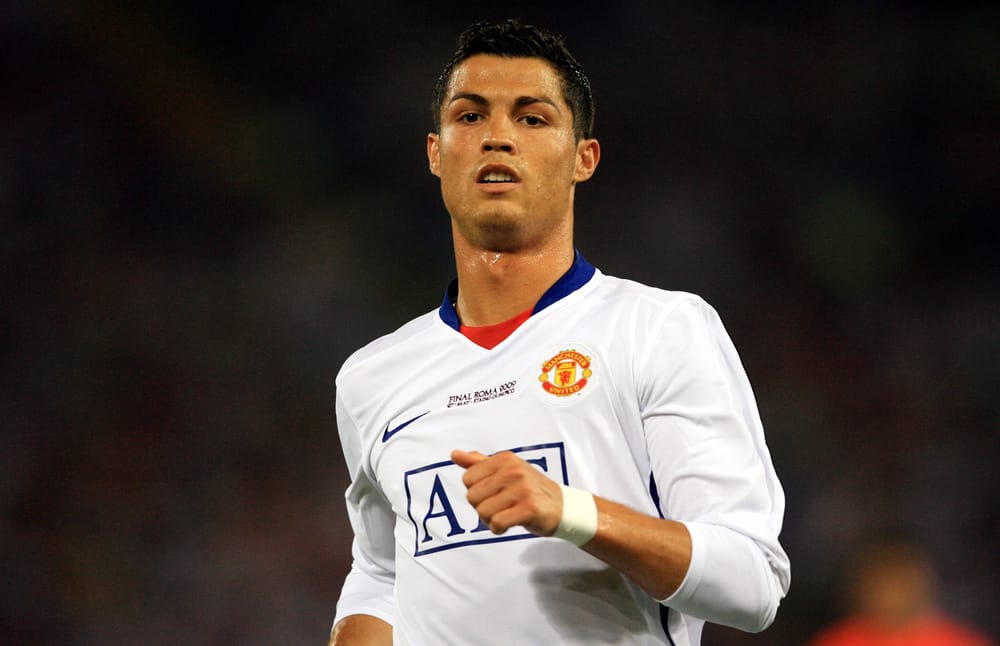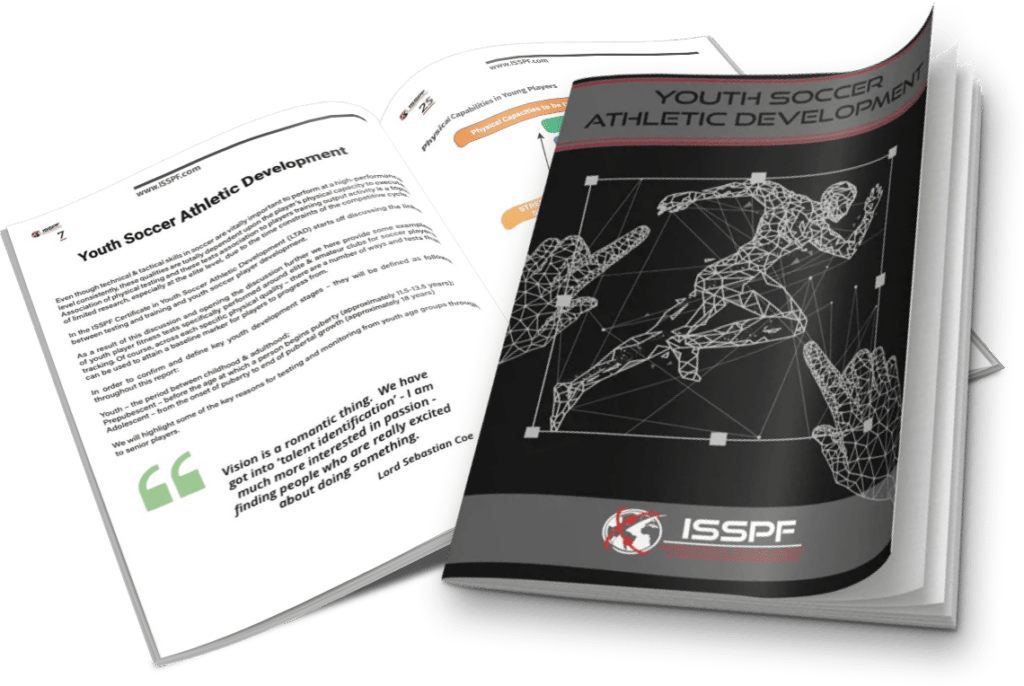At the elite level of any team sport, players or athletes are required to possess a range of physical capacities within their profile inclusive of high endurance levels coupled with powerful, repeated bouts of high-intensity and high-speed actions alongside limited recovery periods.
As training methodology and innovative coaching methodologies evolve around the world, smarter coaching and continual sport science progression has been able to maximise the importance of game changing moments generally seen through repeated power and sprinting actions.
These high energy and explosive actions are also known as the ‘critical moments’ based on the role they play in deciding the outcome of competitive match play. Due to this, an ever-growing demand for the quantification or assessment of the training load is warranted.
As regularly reported within the literature in this area, as well as seen on TV through athletes wearing GPS vests or even media productions highlighting the physical outcomes in games, using technology as an effective monitoring tool is widely accepted.
Based on the fact that team sport athletes such as football players, consistently perform intense running actions and directional changes within training and games, they are under immense muscular and mechanical strains which inevitably increase the risk of injury.
The training and match requirements to continually exert high eccentric actions through accelerations and decelerations are suggested to be particularly damaging to the players or athletes muscle.
With respect to soccer, the seasonal training effects of match-play according to recent literature have resulted in significant changes of physiological strain shown through modern training load monitoring strategies.
Monitoring training load is suggested as essential in order to:
- Improve interpretation of physical tests used to verify the effectiveness of training programmes
- Design periodization strategies
- Identify athletes who are poor responders (to training)
- To control the compliance of the training completed to that planned by the coach
- To modify the training process before the assessment of its outcome, thus optimizing soccer performance
Players at all levels are subject to seemingly endless fixture congestive periods on top of preseason preparation match-play, international games and ever growing post-season demands in addition with national team qualifying games and International tournaments.
As a result of the increased games, comes the limited potential or accessibility to developmental training the cumulative wear & tear on muscles, ligaments & joints not correctly monitored or assessed will erode the integrity of the body’s delicate architecture.
| Year | Name | Club Apps | Country Apps | Total |
| 2010-2011 | Lionel Messi Barcelona & Argentina | 55 | 12 | 67 |
| 2011-2012 | Lionel Messi Barcelona & Argentina | 60 | 13 | 73 |
| 2012-2013 | Oscar Chelsea & Brazil | 64 | 22 | 86 |
| 2013-2014 | Paul Pogba Juventus & France | 51 | 18 | 69 |
| 2014-2015 | Gonzalo Higuain Napoli & Argentina | 58 | 13 | 71 |
| 2015-2016 | Antoine Griezmann Atletico Madrid & France | 54 | 16 | 70 |
| 2016-2017 | Bernardo Silva AS Monaco & Portugal | 58 | 9 | 68 |
| 2017-2018 | Ivan Rakitic Barcelona & Croatia | 55 | 16 | 71 |
| 2018-2019 | Philippe Coutinho Barcelona & Brazil | 54 | 16 | 70 |
| 2019-2020 | Joao Moutinho Wolves & Portugal | 57 | 5 | 62 |
**Average elite players over last 10 years = 57 club games | 14 international | Total = 71
Training load management is one of the hottest debated topics in the game at this moment of time, and coaches or managers who rotate their squad for fitness vs. freshness benefits are in no doubt this is the way to succeed. Taking individual players fitness, injury history, age & physiology into consideration is key when managing the game & training loads.
Recent years has left many practitioners questioning if coaches are preparing players to compete at the levels required through the development phases, readying them for the first team cauldron. Do coaches & performance specialists, fitness & medical practitioners fully understand the demands of international, domestic and European competition, never mind the psychological rigours of travel and time away from family.
What is training load management?
Training load management or soccer load management as it is referred to in this particular course, is the structured process of the appropriate level of training in terms of frequency, duration and intensity.
If training loads are managed correctly, then physical attributes such as speed, strength and endurance should be improved safely with main aim of improving performance.
The key factor in football or soccer training theory is to implement this process of adaptation to improve fitness and eventually improve performance.
There is also good evidence for load management to prevent illness and overtraining in athletes! This is why as a coach of any level having an understanding leads to better decisions and better coaching efficiency!
When training is planned and completed by players at the appropriate intensity and volume it provides the intended increases in fitness levels.
Research has shown that players with the appropriate fitness levels have the required resilience to both training and game demands and therefore these players are at reduced injury risk.
The demand for training load management experts & coaching specialists in football is growing year upon year.
What now? What’s the next step? How do I specialise in this area? Which area of sport science do I want to dive deeper within?
This is certainly an interesting question as progressing from completing a sport science degree to then working in professional football & trying to understanding all the key components, and soft skills that come with jobs in football or careers within sport.
The bespoke courses developed by ISSPF Elite Faculty members are a way of further exposing sport science students, individuals working within the game, coaches, physiotherapists, doctors, sport therapists & other football science enthusiasts with a thirst to develop further in this area.
The link below will take you to the hugely popular & expertly designed ISSPF endorsed & accredited Training Load Management online sport science course, where you will be exposed to football science & specific soccer coaching led research, practical examples and training load monitoring methods used by leading practitioners within varying levels team sport development.
Why is this course important?
- Highlights the reasons we should monitor and assess training load in soccer
- Highlights the practical application of modern training load monitoring & assessment tools
- Provides an understanding of the need to monitor players training load & minimize training ‘spikes’
- Helps you to understand the balance between soccer related fitness, freshness & fatigue
- Assists in preparing players for the physical, technical & tactical demands in a safe, progressive manner
- May help us to reduce the risk for non-contact muscle injuries, through a better understanding of planning & preparation
Who is this course for?
- Individuals tasked with the responsibility for the training & coaching aspects of athletes or team sports
- Individuals with an interest in developing their knowledge in the training & development of individual athletes or team sports
Course info
Average Workload: 20 hours total (pre-lecture reading + online content + questions + assignment)
Delivery Method: Online-based
Language Delivered: English
Course outline
Training Load Management course:
Module 1: Soccer player testing & monitoring: Real evidence
Lecturer: Prof. Darren Paul (England)
Module 2: Injury reduction strategies in professional soccer
Lecturer: Dr. Patrick Orme (Bristol City FC)
Module 3: Considerations & Applications of Training Load Monitoring in Elite Soccer Players
Lecturer: Dr. Vasilis Kalapthorakos (Panathinikos, Greece)
Module 4: Soccer specific monitoring: Weekly microcycle, planning and performance
Lecturer: Dr. Dawid Golinski (Slask Wrowclaw, Poland)
Module 5: External load monitoring in professional soccer: Understanding GPS tracking
Lecturer: Dr. Xinji Xi (Catapult, China)
Module 6: Testing and monitoring in soccer: training & games
Lecturer: Dr. Berni Guerro (CF Malaga, Spain)
Topic: Performance Analysis
Module 7: Soccer specific monitoring: Subjective effort assessment
Lecturer: Dr. Dawid Golinski (Slask Wroclaw, Poland)
Module 8: Training Load Management: The appliance of science
Lecturer: Dr. Adam Owen (England FA, Lech Poznan)
Training Load Management Course
Share this article:
